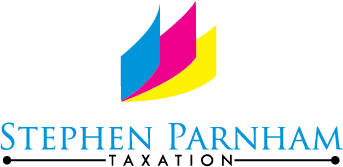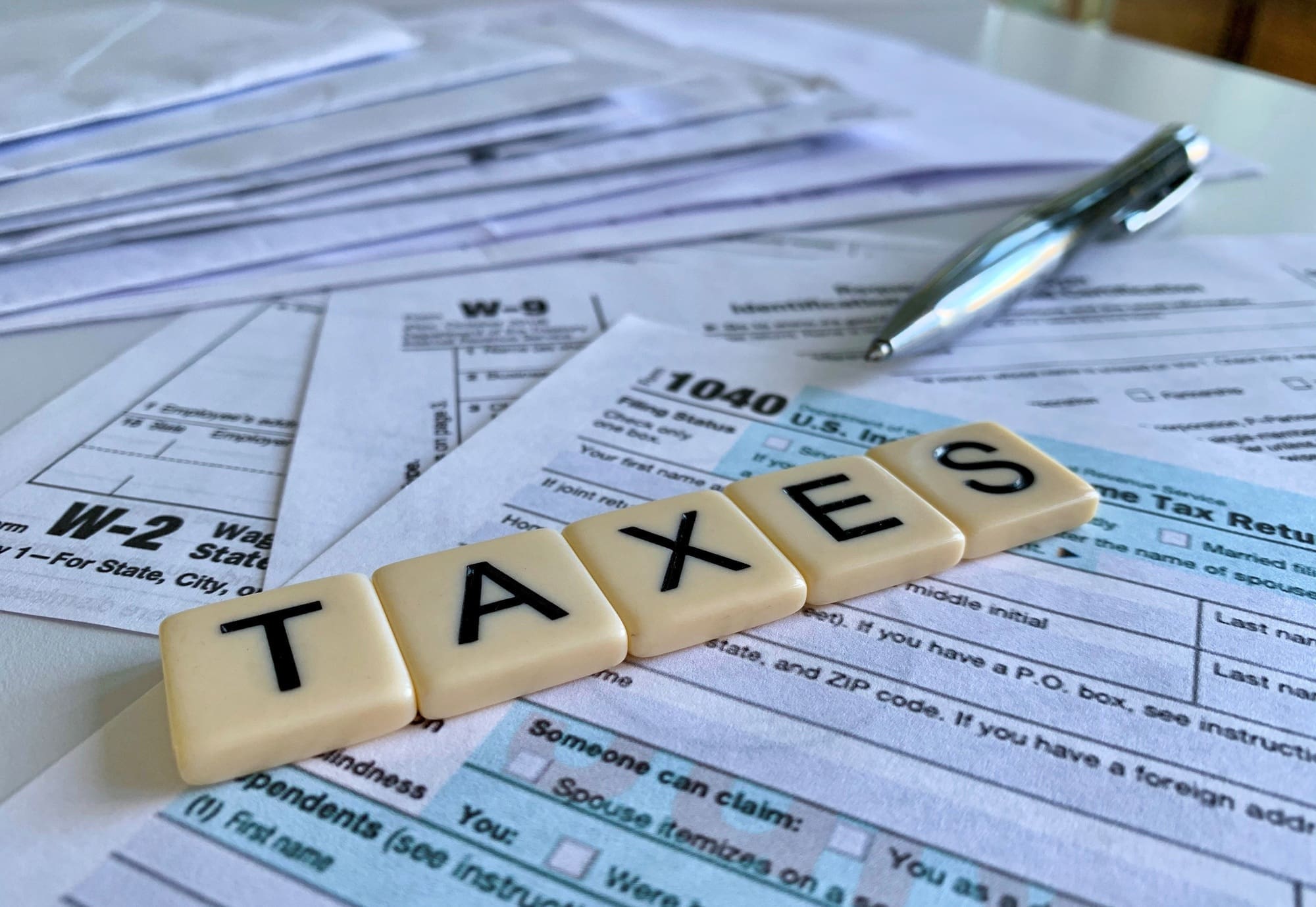In Brief
In the words of HMRC,
“The inheritance tax nil-rate bands are already set at current levels until April 2026 and will stay fixed at these levels for a further two years until April 2028. The nil-rate band will continue at £325,000, the residence nil-rate band will continue at £175,000, and the residence nil-rate band taper will continue to start at £2 million.
The government will reduce the capital gains tax annual exempt amount from £12,300 to £6,000 from April 2023 and to £3,000 from April 2024.
The government will legislate for these measures in Autumn Finance Bill 2022.”
Inheritance Tax: Commentary
The nil rate band was frozen in 2009 but in the years prior to that it was regularly increased on an annual basis. This means that the nil rate band is now set to be unchanged for almost two decades. Given that the average house price has increased by 53% in the last decade alone, the tax gathering power of the freeze is obvious.
The continued freeze suggests that this government will not materially alter the nature of the tax over the next two years. It is an easy measure to implement and underlines government commitment to the existing inheritance tax regime. We are in a mini-ice age with respect to inheritance tax! After that the bets are off and one might realistically anticipate a considerably more pernicious regime.
Capital Gains Tax: Commentary
It was mooted prior to 17 November that the government would align capital gains tax and income tax rates. The problem with such a proposal is that the optimum rate of capital gains tax has long been thought to be around 18%-20%. An unwelcome expense but one which is manageable. Increase it significantly above that level and the tax starts to become a major, very major, influence on whether certain transactions are worthwhile to sellers. Capital disposals, and tax, would tend to fall, perhaps dramatically. Furthermore, it should be recognised that capital assets are often held for many years and can be relatively illiquid. Income has a very different character. The differing rates of tax between income and capital tend to reflect that reality.
One might therefore ultimately anticipate that there could eventually be two rates of capital gains tax with a higher, perhaps aligned, rate applying to short term (five years?) acquisitions and disposals and the lower rate applying to assets held for many years. The higher rate would apply to transactions which mirrored trading transactions in businesses.
The current measures will, of course, make things more difficult for small investors and portfolio managers disposing of shares on an annual basis, particularly against the background of an ever increasing ‘dividend tax’. Tax will now impact on portfolio management decisions and restrict flexibility over investment decisions at a relatively low level. It is not a very enlightened policy.
Tucked away in the notes which became available once the budget speech concluded was a capital gains tax anti-avoidance measure pertaining to share exchanges between a UK business and an overseas company. In this type of planning, the shares in a UK company, which are carrying a capital gain, are exchanged for shares in a non-UK holding company. This potentially moves the gain off-shore, and hence out of the UK capital gains tax regime for a non-domiciliary who uses the remittance basis, and only for such an individual. From 17 November 2022 the overseas shares acquired in such a share-for-share exchange will be deemed to be UK shares, so the gain in the UK company does not escape the UK tax net. The full detail may be found at:
https://www.gov.uk/government/publications/capital-gains-tax-share-for-share-exchange
Overview
Over the coming decade, it is almost inevitable that wealth, however defined, will be subject to a more rigorous and punitive tax regime in the current economic and political context. Inheritance tax and capital gains tax are the most obvious ways to achieve that and taxpayers should from no on be hypersensitive to the signals of ‘regime change’ if they are to stay ahead of the game.
Stephen Parnham


